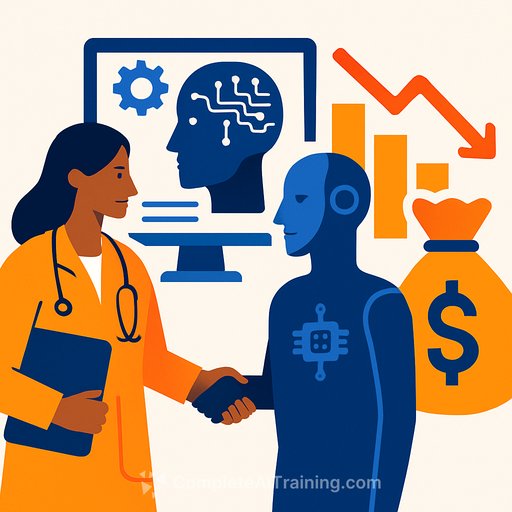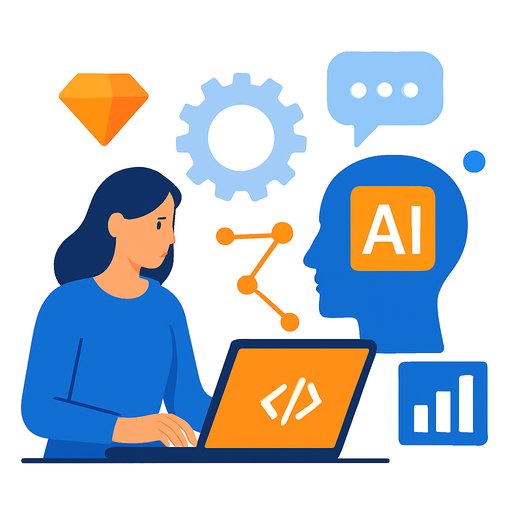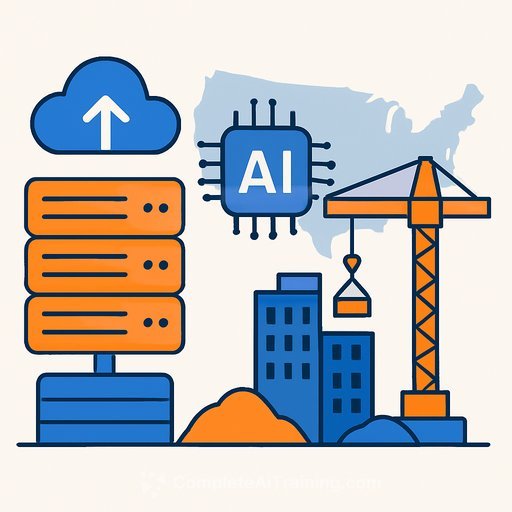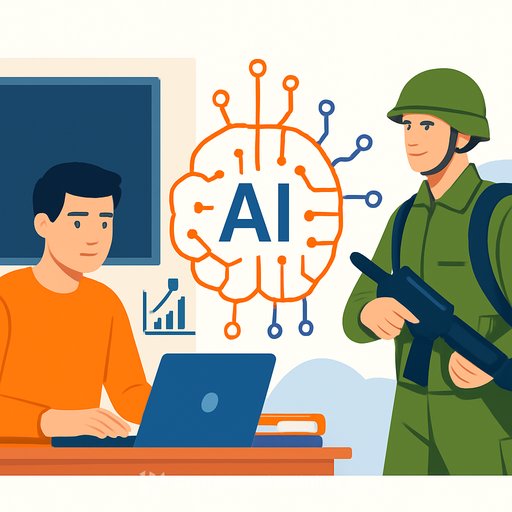AI in Healthcare: Optimizing Workforce Operations
AI is increasingly present in healthcare, but many applications fall short of delivering real value. Ambient scribes have gained attention as AI’s initial success, easing documentation and improving workflow. However, they don’t reduce labor costs or create additional capacity. To truly address healthcare’s biggest challenges, the focus must shift to the largest expense: workforce operations.
Workforce operations account for more than half of a hospital’s budget and remain the most unpredictable and improvable area. Nurse managers spend up to 80% of their time on scheduling and coordination, instead of focusing on patient care. These clinical leaders manage patient flow, quality, compliance, and team morale but often get bogged down in spreadsheets and group messages to fill shifts.
Where AI Is Actually Making a Difference
While much of the AI hype in healthcare centers on diagnostics and documentation, the clearest impact is in workforce optimization. AI helps hospitals route shifts efficiently, predict coverage gaps, and return time to staff who keep care moving.
Modern workforce platforms use real-time data to align shifts with staff availability, skills, and cost. Internal staff receive priority, float pools are engaged early, and contract labor is reserved for specialized needs or last resort. This proactive scheduling reduces burnout and improves operational outcomes.
AI-powered platforms also learn over time. They can flag shifts or units with high call-off rates and automatically schedule backup coverage. Tracking patient census trends enables staffing to better match demand. This visibility supports nurse leaders in making informed decisions in real time.
The Cost of Doing Nothing
Hospitals face financial pressure from proposed Medicaid cuts, potentially causing 11 million people to lose coverage and increasing uncompensated care. Safety-net and rural hospitals could lose over $70 billion in reimbursements over the next decade.
These cuts compound rising labor costs and workforce shortages. Contract labor costs surged 213% between 2019 and 2022 due to pandemic-driven demand for travel nurses. Though costs have eased, they remain above pre-pandemic levels.
According to McKinsey, nurse staffing shortages will cost U.S. hospitals $170 billion by 2027. Travel nurses can cost $90+ per hour, whereas internal nurses typically cost $60-$70 for the same shift. Internal staff can be flexed down or reassigned as demand changes, but travel nurse contracts often lock hospitals into premium rates.
Workforce AI addresses this imbalance by orchestrating a smarter mix of full-time, part-time, PRN (as-needed), float pools, and contract labor. The system prioritizes internal coverage, activates flexible staff when needed, and reserves contract labor for specialized or last-resort scenarios. This creates a responsive, cost-effective staffing model aligned with patient demand and financial goals.
Making the Most of the Biggest Investment
New AI tools promise to improve healthcare workflows, but the biggest opportunity lies in optimizing labor. Hospitals that embed workforce strategy into core operations outperform those that don’t. Yet many still treat staffing as a back-office task.
Workforce AI delivers measurable outcomes. It empowers nurses with more control over their schedules, reduces administrative burdens on managers, and provides leadership with data to plan ahead, retain staff, and adapt in a shifting environment.
For operations professionals looking to sharpen their skills with AI applications in workforce management, exploring practical AI training resources can be valuable. Platforms like Complete AI Training offer courses tailored to operational roles seeking to advance AI knowledge and implementation.
Your membership also unlocks:





